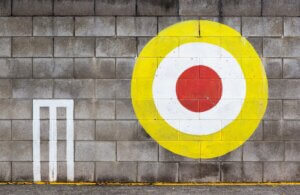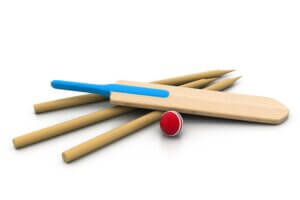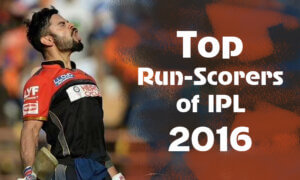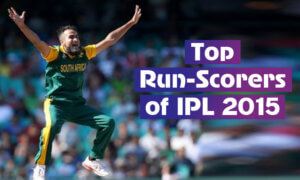10 Batsmen with the Most Runs in First-Class Cricket
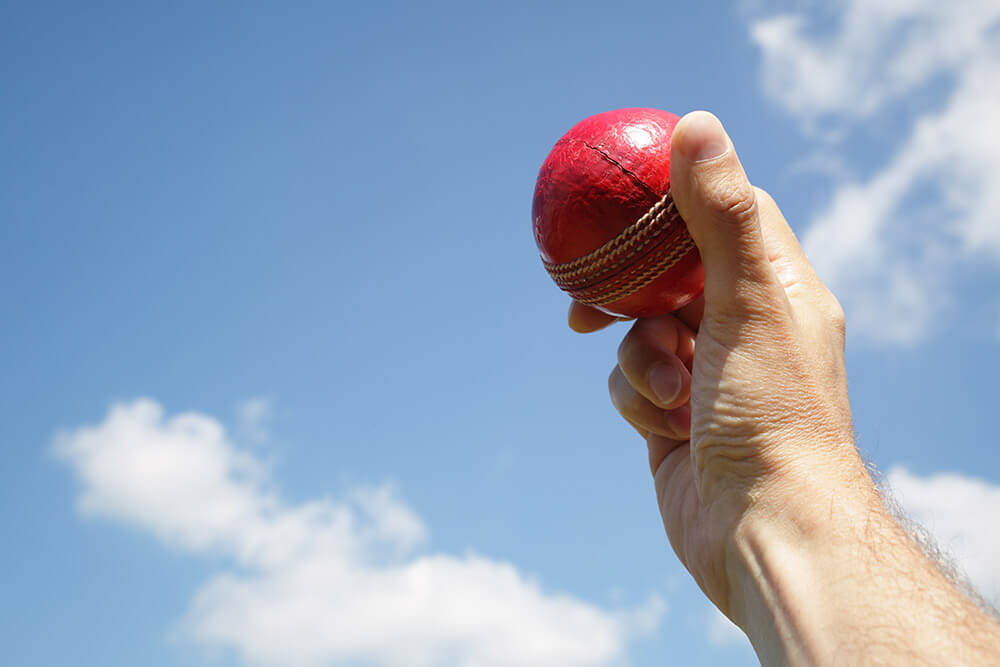
In this article, we are going to look at 10 batsmen with the most first-class runs. Sir Jack Hobbs of England leads the pack which consists only of English players, a fact that is not surprising given the number of county matches held in England every year.
Contents
1. Sir Jack Hobbs
English opening batsman Jack Hobbs played 834 first-class matches between 1905 and 1934 to score 61760 runs at 50.70 with 199 tons and 273 fifties. Those runs include 5410 runs from 61 Test matches at 56.94 with 15 tons and 28 fifties, including his top score of 211. In his first county game against Essex, Hobbs scored 155 to become a the mainstay in the county cricket arena. He enjoyed his best first-class season in 1925 when he broke the then record of 126 tons previously set by WG Grace. That season he made 3024 runs at 70.32 with 16 tons. Hobbs achieved his highest first-class score against Middlesex in 1926 when he made 316 not out in less than seven hours with 41 fours. The most amazing thing about Hobbs was that he could have scored thousands of more runs if he had wanted as he often threw away his wicket to give others a chance to bat.
2. Frank Woolley
English all-rounder Frank Woolley played 978 first-class games for Kent from 1906 to 1938, scoring 58959 runs at 40.77 with 145 tons and 285 fifties. The left-handed batsman scored 3283 runs in 64 Tests at 36.07 with 5 tons and 23 fifties, including his top score of 154. Woolley registered his highest Test score of 154 against South Africa in Manchester in the 4th match of a series on South Africa’s tour of England in July 1929. Batting first, England scored 427/7 declared thanks largely to Woolley’s innings. Replying, South Africa were bowled out for 130. Following on, the Proteas managed only 265 in their second knock, making England the winners by an innings and 32 runs.


